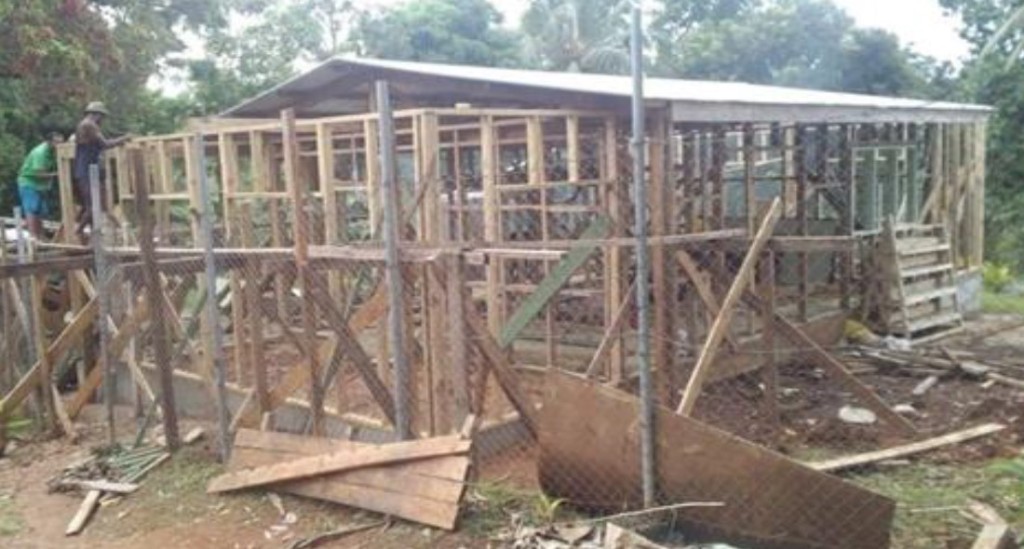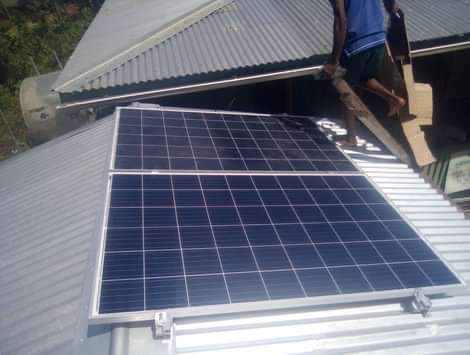The Tholana Kindergarten commenced in 1983 following the vision and leadership by Mrs Elizabeth Dora to provide early childhood learning for the children in the remote village in Isabel Province, Solomon Islands. With no facilities, but with a commitment to quality education, the kindergarten began with 10 children and gathered under the shade of the trees and thatched leaf houses. Over the following years, the kindergarten continued to grow to meet the needs of the local children.
In 2020, MAMA partnered with Tholana to construct a new classroom. While MAMA funded the project, it relied on the determination, commitment and big hearts of those in the Tholana village to see the project through. There were the known challenges, such as the isolation of the village and the logistical complexities of getting building materials from Honiara to Isabel Province and then from the coastline up the rugged mountain to Tholana village. There were also unexpected challenges, such as the delays and disruptions imposed by the COVID pandemic.







Notwithstanding the challenges, the community and MAMA remained committed to the project and the first phase – the construction of the classroom – was completed in mid-2021.

After the successful completion of the first phase of the project, MAMA funded the construction of a new ablution block and installation of a solar powered light system.



Earlier this year, MAMA agreed to the third phase of the project, which included the construction of roofed-outdoor buildings to enable outdoor learning undercover and additional spaces for the children and teachers to use. It also included the construction of a concrete footpath to connect the classrooms, ablution block and new undercover areas.

MAMA congratulates the community in Tholana for the work they’ve done in creating a fantastic kindergarten and early learning environment for their children. The team at MAMA is proud to have partnered with the community on each of these projects and to see the local children being empowered through greater access to educational opportunities and resources.

